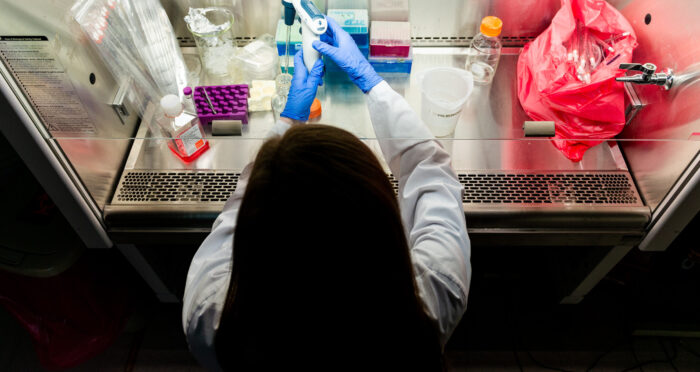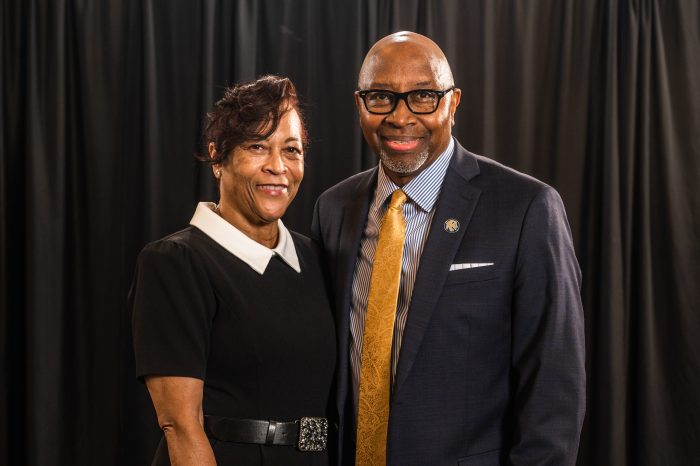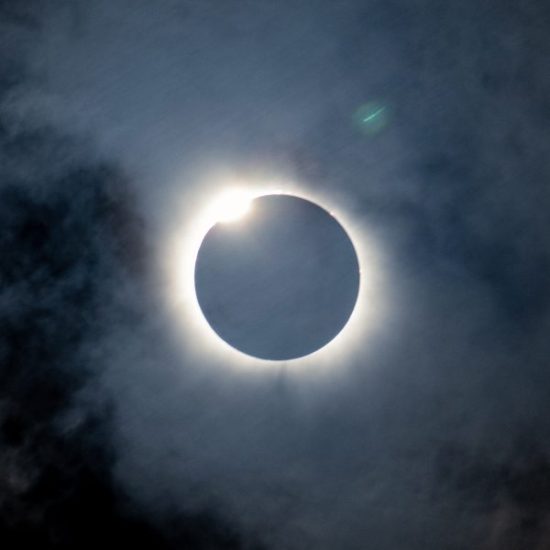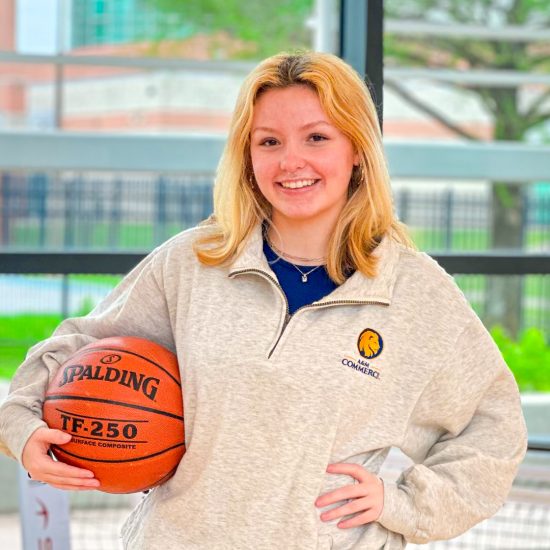A&M-Commerce to donate COVID-19 testing kits to area healthcare facilities

Texas A&M University-Commerce is set to donate 100 COVID-19 testing kits to several local healthcare providers.
According to A&M-Commerce President Mark Rudin, “In this time of crisis, we are all doing what we can to help each other in our community. Hopefully, this donation will combat the shortage of supplies in East Texas so more people can be tested for COVID-19.”
The viral testing kits will be rushed to A&M-Commerce by the Texas A&M Veterinary Medical Diagnostic Laboratory in College Station. The kits were assembled from lab supplies usually reserved for pigs, cows and chickens at A&M's four diagnostic labs across the state.
Texas A&M University System Chancellor John Sharp said the veterinary experts who track animal disease outbreaks were ready to assist with the current human pandemic.
“No one has ever done this before, but tough times call for creative measures,” said Sharp.
Dr. Bruce Akey, director of the Texas A&M Veterinary Medical Diagnostic Laboratory, said he sent out a plea for supplies to his labs in Amarillo, Center and Gonzales, Texas, and they began overnighting the supplies late last week.
“We assembled the supplies into testing kits here in our College Station lab,” Akey said. “We know that the 2,000 we came up with may not seem like much when there are 20-plus million Texans at risk who may need testing, but if you need to be tested and you can't right now because they don't have this kit, then it's a pretty big deal to you and your family. So we are doing what we can right now.”
The kits consist of a swab, a vial with transport media to preserve the sample in the vial, and a bag. The components of the kits are approved by the Food and Drug Administration (FDA) and the U.S. Centers for Disease Control and Prevention (CDC) for use in sampling humans for the COVID-19 virus.
Before the pandemic exhausted the supply, the kits usually cost between $4-$5 if they were ordered in bulk. Now, these simple supplies are back-ordered for months, crippling efforts to test humans for COVID-19.
“We hope to get these testing kits in the hospitals or clinics where they are most needed as soon as possible,” Akey said. “We are pulling out all the stops.”





